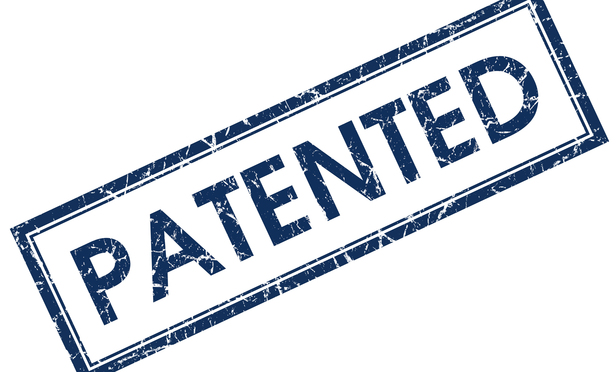We’ve written a ton about Section 101 of the Patent Act, and how IP defendants have increasingly seized upon the provision to invalidate patents that describe an abstract, age-old concept or business practice and add a vague description of how to execute it with a computer or online. The Section 101 defense got a boost in June, when the U.S. Supreme Court ruled in Alice v. CLS Bank that a computer process for reducing the risk of financial transactions was ineligible for patent protection.
But there are limits, as the U.S. Court of Appeals for the Federal Circuit showed in a divided ruling on Friday. In DDR Holdings V. Hotels.com, the Federal Circuit pondered whether patents that only apply in an online context can more easily survive Section 101, since they offer solutions to problems that didn’t exist before the advent of the Internet. The court sided 2-1 with the patent holder on that question—though the panel threw out one patent on separate grounds.
This content has been archived. It is available through our partners, LexisNexis® and Bloomberg Law.
To view this content, please continue to their sites.
Not a Lexis Subscriber?
Subscribe Now
Not a Bloomberg Law Subscriber?
Subscribe Now
LexisNexis® and Bloomberg Law are third party online distributors of the broad collection of current and archived versions of ALM's legal news publications. LexisNexis® and Bloomberg Law customers are able to access and use ALM's content, including content from the National Law Journal, The American Lawyer, Legaltech News, The New York Law Journal, and Corporate Counsel, as well as other sources of legal information.
For questions call 1-877-256-2472 or contact us at [email protected]



